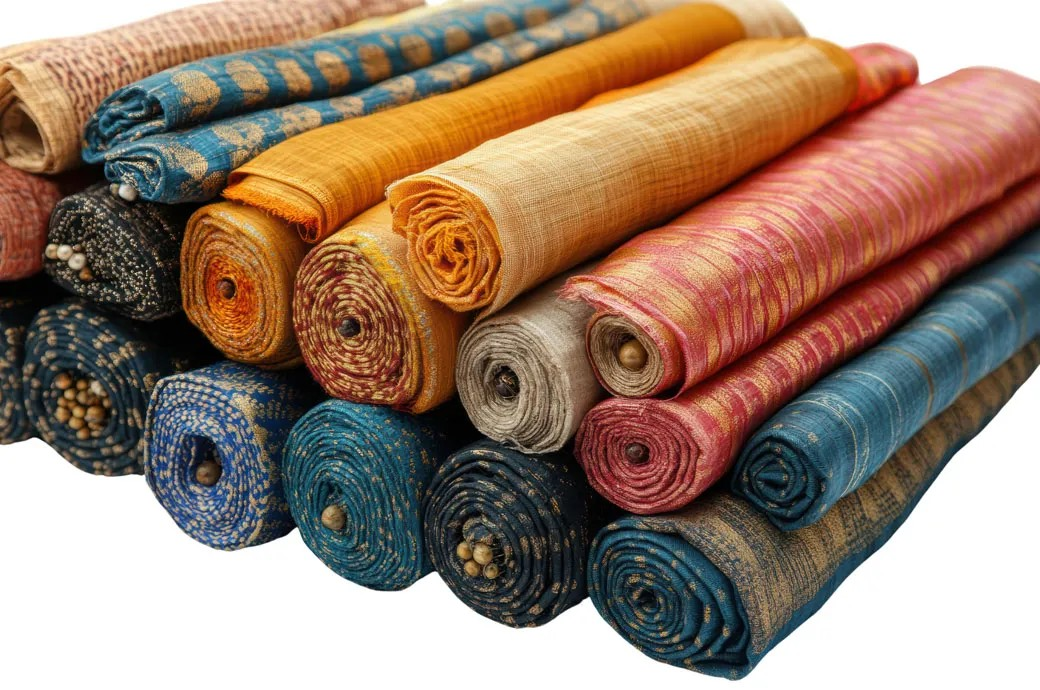In a bold and ambitious move, Nigeria is set to end its annual textile imports worth $6 billion from China and India. This initiative, spearheaded by the Minister of State for Industry, Trade and Investment, John Enoh, aims to revive the domestic textile industry and its value chains while promoting ‘Made in Nigeria’ products.
During a recent three-day tour of industries in Lagos and Ogun State, Minister Enoh emphasized the government’s commitment to economic growth through manufacturing and job creation. “The Benin Republic has a flourishing textile garment industry, and their target is the Nigerian market,” he noted, highlighting the potential for Nigeria to reclaim its position as a major player in the textile industry.
Years ago, Nigeria’s textile industry was a significant employer, nearly competing with the government in terms of job creation. However, over time, the industry faced numerous challenges, including inadequate infrastructure, inconsistent policies, and an influx of cheaper foreign textiles. These factors led to the decline of domestic production, resulting in a reliance on imported textiles from China and India.
The Nigerian government’s renewed focus on revitalizing the textile industry comes at a critical time. The key agenda includes bolstering manufacturing capabilities, creating jobs, and stimulating economic growth. By ending textile imports and promoting local production, Nigeria aims to create a sustainable and competitive textile industry that can cater to both domestic and international markets.
The move is expected to have a ripple effect across various sectors, including agriculture, where cotton farming is a vital component of the textile value chain. By supporting local cotton farmers and ensuring a steady supply of raw materials, the government hopes to create a robust and self-sufficient textile industry.
In addition to job creation, the revival of the textile industry is anticipated to boost Nigeria’s GDP and reduce the nation’s dependency on foreign goods. Promoting ‘Made in Nigeria’ products not only supports local businesses but also fosters a sense of national pride and identity.
As Nigeria embarks on this transformative journey, the challenges ahead are not to be underestimated. Ensuring consistent policies, improving infrastructure, and providing financial support to local manufacturers will be crucial to the success of this initiative.
The revival of Nigeria’s textile industry holds the promise of economic growth, job creation, and a stronger domestic market. With determined efforts and strategic planning, Nigeria is poised to reclaim its position as a key player in the global textile industry.





